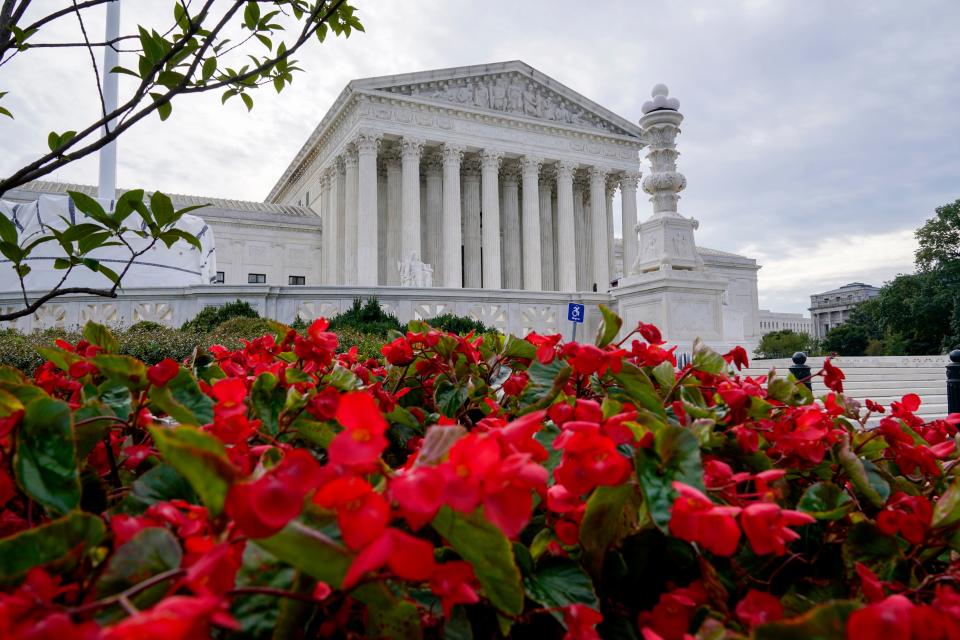Dozens of McGirt ruling petitions still pending at U.S. Supreme Court
The U.S. Supreme Court will make a third attempt on Friday at determining whether to review its 2020 decision affirming the Muscogee (Creek) reservation in Oklahoma, the court announced on Tuesday.
Dozens of petitions filed by the state seeking review of the decision in McGirt v Oklahoma have been scheduled for the justices’ conference on Friday. It will be the third conference at which the petitions were scheduled to be considered; the petitions were also listed for the conferences of Jan. 7 and Jan. 14. Four of the nine justices have to agree to accept a case, and most cases are rejected.
The court could announce as early as Friday whether it will review the decision.
McGirt ruling: Stitt again blasts McGirt ruling, saying Martin Luther King Jr. might be 'disgusted' by decision

What is the McGirt ruling?
The high court ruled in the McGirt case that Congress never disestablished the Muscogee reservation and that the state of Oklahoma wrongly prosecuted Jimcy McGirt for sex crimes against a child in 1997 because he is Native American and his crimes occurred on the reservation.
Under federal law, crimes involving Native Americans in Indian country must be prosecuted in state or tribal courts.
Since statehood in 1907, Oklahoma has exercised jurisdiction over nearly all crimes involving Native Americans, except those committed on land with a federal status, such as land held in trust for tribes by the federal government
The Oklahoma Court of Criminal Appeals has extended the McGirt ruling to the Cherokee, Chickasaw, Choctaw, Quapaw and Seminole reservations. However, the court has limited the appeals that can be filed by those who were wrongly prosecuted by the state.
Oklahoma Attorney General John O’Connor, with the backing of Gov. Kevin Stitt, is urging the court to reverse itself. Should the Supreme Court not review the McGirt decision, the state wants clarification on whether it can still exercise jurisdiction over non-Indians who commit crimes against Native Americans in Indian country.
Tribes have hailed the McGirt decision for restoring sovereignty linked to lands promised to them by the U.S. government in the 19th century after forced relocations from their homelands.
This article originally appeared on Oklahoman: SCOTUS sets new date to consider dozens of McGirt ruling petitions

